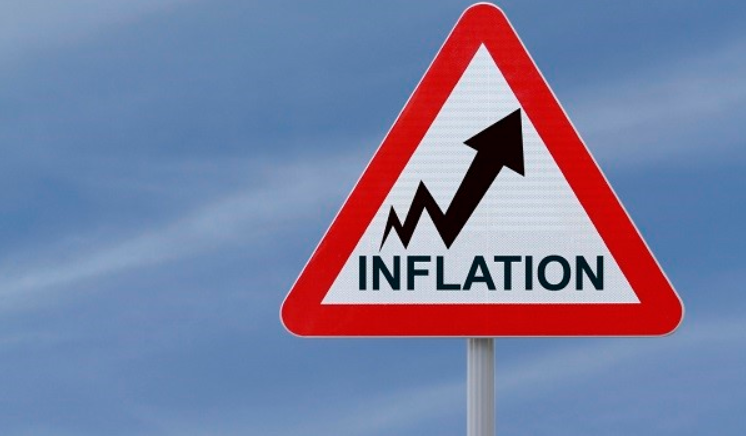The big debate of 2021 will be around inflation, especially since opinions diverge among many experts. Some believe that the record-breaking fiscal spending, combined with a subdued global GDP could lead to an inflation overshoot, with potential implications on monetary policy. We will focus on this camp today and try to explore whether stocks will go up even in this scenario, where central banks will need to take action, in order to avoid a spiraling event.

Different prospects around the world
It is important to note that around the world conditions are different. A weakening USD had been a favorable factor for the US economy and based on the current projections, the economic contraction for 2020 is expected to be around 2.5%. In Europe, on the other, things are more complicated and already Germany reported its economy contracted by 5% last year.
France, Italy, and the UK are very likely to post much worse figures, which means that inflation will rise later, as compared to the USA. The Brexit deal is done, but the recent lockdowns imposed due to the new coronavirus strain will impact the economic activity well into Q1.
Central banks to start tapering?
Fed’s Chair Jerome Powell spoke recently during an online event and reassured the market the central has no intention to shift from its unconventional monetary policy. With the current average inflation targeting strategy, the inflation needs to rise above 2% until actions will be taken.
This means there is to tapering risk over the next few months but once the third quarter begins, it is expected that inflation will rise faster than anticipated and central banks, including the Fed, could have a hard time providing forward guidance.
Stock = a hedge against inflation in the long run?
Rising inflation leads to rising treasury yields, making stocks less attractive. The S&P500 continues to trade around 3,800 and in case yields will raise, it should be no surprise if a corrective move starts to develop. Tech stocks are the most vulnerable in this scenario and the FAANGs continue to dominate the index.
Despite a short-term backdrop, hard assets like stocks are a place of refuge when the purchasing power of money drops. The high level of debt prevents the central banks from raising interest rates too high, which means that longer-term prospects for stocks are still positive, even though some of the metrics like global market cap to GDP, or EV to EBITDA are at record levels.
